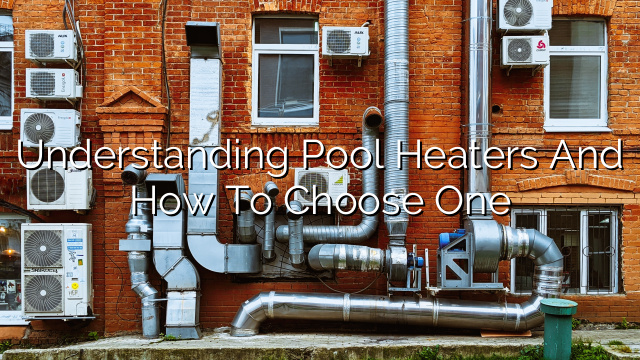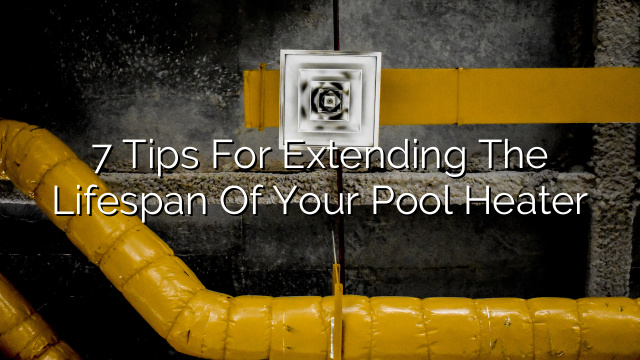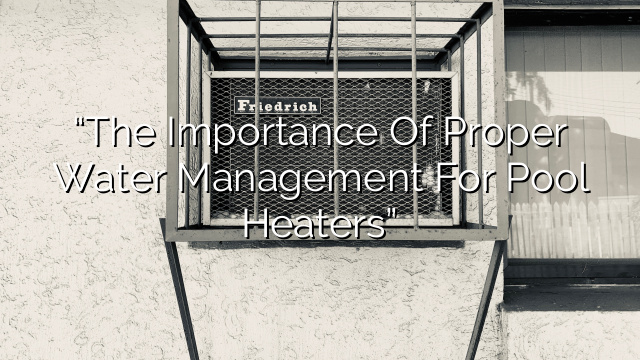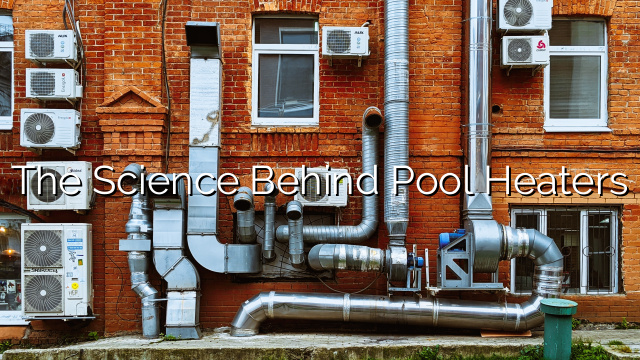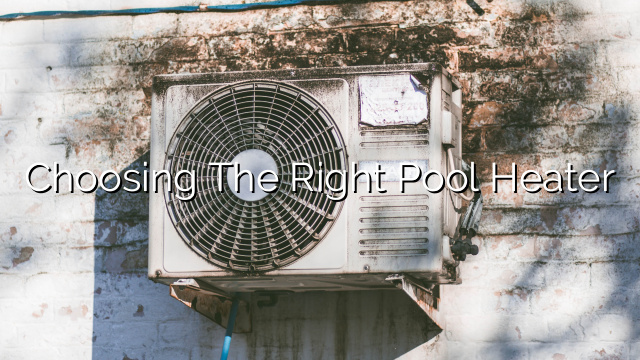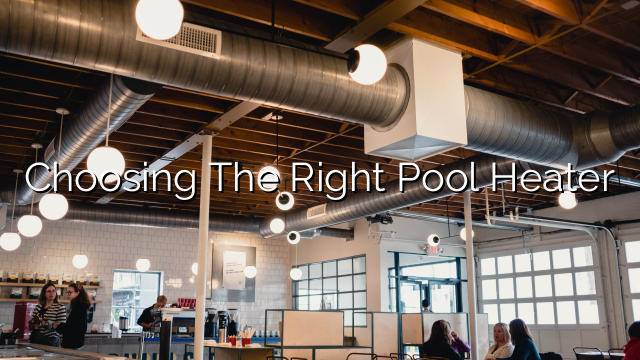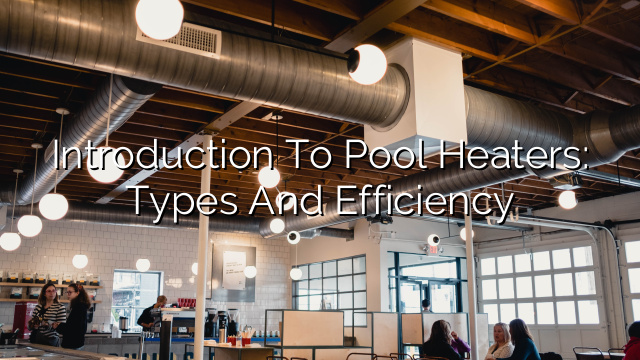Understanding Pool Heaters and How to Choose One
When it comes to enjoying your pool year-round, a pool heater is an essential investment. A pool heater allows you to swim comfortably even during the colder months, ensuring that your pool is always at the perfect temperature. But with so many options available on the market, it can be overwhelming to choose the right pool heater for your needs. In this blog post, we will guide you through the process of understanding pool heaters and help you make an informed decision.
FAQs
Q: What are the different types of pool heaters?
A: The three main types of pool heaters are gas heaters, electric heaters, and heat pumps.
Q: Which type of pool heater heats the water quickly?
A: Gas heaters are known for their ability to heat the pool water quickly.
Q: Which type of pool heater is more energy-efficient?
A: Electric heaters are typically more energy-efficient compared to gas heaters.
Q: Are heat pumps effective in cold climates?
A: Heat pumps may not be as effective in cold climates as they rely on the availability of warm air.
Q: What factors should I consider when choosing a pool heater?
A: Factors to consider include pool size and capacity, climate, energy efficiency, budget, and maintenance requirements.
Q: Is professional installation necessary for a pool heater?
A: Yes, it is best to consult with a professional to ensure proper sizing and safe installation of your pool heater.
Types of Pool Heaters
There are three main types of pool heaters to consider: gas heaters, electric heaters, and heat pumps. Each type has its own pros and cons, so let’s take a closer look at each one:
- Gas Heaters: Gas heaters are powered by either natural gas or propane. They heat the pool water quickly and are a popular choice for those looking for rapid heating. Gas heaters are also ideal for larger pools or for heating pools intermittently, as they can quickly bring the temperature up to the desired level. However, they tend to be more expensive to operate compared to other options.
- Electric Heaters: Electric heaters are powered by electricity and are typically more energy-efficient than gas heaters. They heat the water gradually and are a good choice for maintaining a constant temperature. Electric heaters are generally less expensive upfront, but they can result in higher energy bills over time.
- Heat Pumps: Heat pumps use electricity to capture heat from the outside air and transfer it to the pool water. They are energy-efficient and cost-effective to operate, making them a popular choice for pool owners who want to minimize their carbon footprint and save on energy costs. However, heat pumps may not be as effective in cold climates, as they rely on the availability of warm air.
Factors to Consider
Now that you are familiar with the different types of pool heaters, let’s explore the factors you should consider when choosing one:
- Pool Size and Capacity: The size of your pool and its desired temperature are important factors to consider. Larger pools will require heaters with a higher BTU (British Thermal Unit) output to effectively heat the water.
- Climate: The climate in your area will also play a role in determining the most suitable type of pool heater. Gas heaters are better suited for colder climates, whereas electric heaters and heat pumps are more efficient in milder climates.
- Energy Efficiency: If you are conscious about energy consumption and want to minimize your environmental impact, consider choosing an energy-efficient pool heater. Look for models with high Energy Efficiency Ratings (EER) or Coefficient of Performance (COP) to ensure maximum efficiency.
- Budget: Your budget will naturally be a factor in your decision. Gas heaters tend to have higher upfront costs but lower operating costs, while electric heaters and heat pumps may have lower upfront costs but higher long-term operating costs.
- Maintenance and Durability: Consider the maintenance requirements and expected lifespan of different pool heaters. Gas heaters may require more regular maintenance, whereas electric heaters and heat pumps are generally low-maintenance options.
Installation and Sizing
Proper installation and sizing are crucial for the efficient operation of your pool heater. It is best to consult with a professional to ensure that the heater is correctly sized for your pool’s needs and that it is installed safely and according to local codes. A professional installer will take into account factors such as pool size, temperature preferences, and type of heater to recommend the best options for you.
The Bottom Line
Choosing the right pool heater can significantly enhance your swimming experience and ensure that your pool is always at the perfect temperature. By considering factors such as pool size, climate, energy efficiency, and budget, you can make an informed decision that meets your needs. Remember to consult with a professional for installation to ensure optimal performance and safety. Now, all that’s left to do is dive in and enjoy your heated pool!

